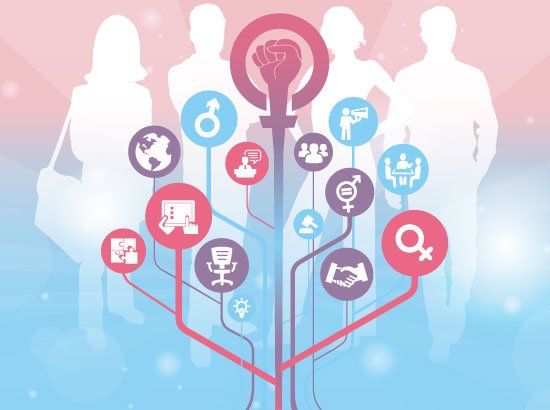
I think I might be transgender. What does that mean?
According to the Oxford Dictionary, transgender is an adjective "denoting or relating to a person whose sense of personal identity and gender does not correspond with their birth sex." This means that although someone was born a certain gender, they feel like they are belonging of the other gender.
The causes of transgenderism are not completely known and are still debated. Some think that when developing in the womb, the brain develops into that of the opposite sex of the body, causing people to feel they are of a specific gender contradicting their body.
Gender identity and sexual orientation exist along a spectrum. Individuals may feel aligned with both genders, lean more towards one, or feel disconnected from traditional labels altogether. Cisgender individuals identify with the gender they were assigned at birth and typically fall on one side of this spectrum. Personally, I identify firmly as male and do not experience gender fluidity. While I may not fully understand the experience of being gender fluid or its causes, I acknowledge its validity and recognize that gender encompasses more than societal labels suggest.
Many people find it confusing how "gender" and "sex" are sometimes used interchangeably. Sex refers to the assignment at birth based on one's genitalia. Following this, individuals are assigned a gender and influenced by societal and environmental factors to adopt the traits or roles associated with that gender. Therefore, gender is far more intricate and socially constructed than sex. It varies across individuals and cultures.
Can there be more than two sexes? Biologically, humans typically fall into two sexes: male or female (with individuals having sex chromosome disorders being assigned to one of these sexes at birth). However, gender—the deeply personal and evolving experience—defies simple categorization. Placing rigid boundaries on gender would overlook its complexity and individuality.

